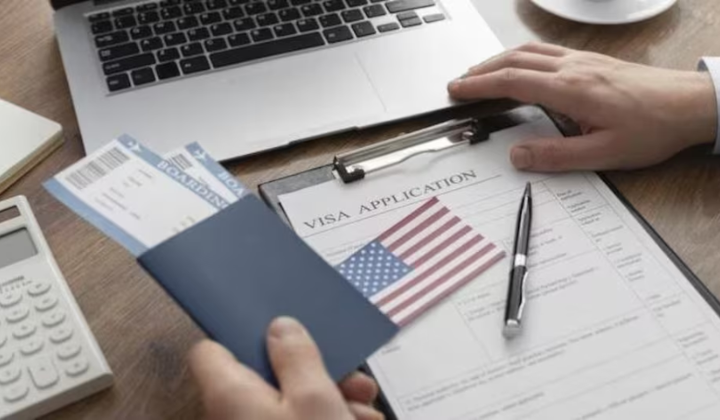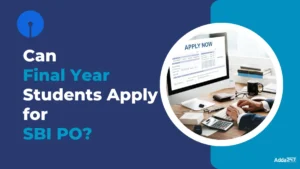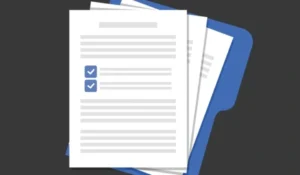The United States Citizenship and Immigration Services (USCIS) has transitioned to an electronic-only payment system for all immigration fees starting October 28, 2025. Paper checks and money orders are no longer accepted. This move aims to speed up processing, improve security, reduce fraud, and modernize fee collection. It affects all immigration filings, including visas, green cards, and work authorizations, making it essential for applicants to follow the new electronic payment methods carefully.
USCIS Ends Paper Payments for Immigration Fees
The United States Citizenship and Immigration Services (USCIS) has made a major change in its payment policy. From October 28, 2025, applicants can no longer pay immigration fees using paper checks or money orders. All payments must now be electronic, making the process faster, more secure, and less prone to errors or fraud. This change affects all immigration filings, including visas, green cards, and work authorizations, and is part of a broader move to modernize federal payments.
Electronic Payment Methods Accepted by USCIS
To simplify fee processing and improve security, USCIS now requires all applicants to pay immigration fees electronically. Paper checks and money orders are no longer accepted. Currently, USCIS allows only two approved electronic payment methods, each with a specific form that must be submitted along with your application or petition.
1. ACH Debit from a U.S. Bank Account
- Use Form G-1650
- Direct debit from your bank account
2. Credit/Debit Card Payments
- Use Form G-1450
- Prepaid credit cards can be used if you do not have a U.S. bank account
Reason for USCIS Payment Policy Change
USCIS updated its payment policy to modernize fee collection and improve efficiency, security, and reliability. The change follows Executive Order 14247, aiming to streamline processes and reduce risks associated with paper payments.
Objectives of the change:
- Reduce administrative workload
- Speed up processing
- Prevent fraud and theft
- Eliminate inefficiencies from paper payments (over 90% of payments were paper-based earlier)
Impact on Visa and Immigration Applicants
The electronic payment policy affects all immigration filings, including H-1B, H-2 visas, green cards, and work authorizations (EAD). Applicants must note that paper payments submitted after 27 October 2025, will be rejected, and they should ensure sufficient funds in their bank accounts or cards to avoid payment failures. This policy applies to all immigration filings, including:
- H-1B and H-2 visas
- Green card applications
- Work authorizations (EAD)
Important Dates and Compliance Tips
Until 27 October 2025, USCIS accepted checks and money orders. From 28 October onwards, only electronic payments via Form G-1650 or G-1450 are valid. Applicants should ensure funds are available in their bank accounts or cards to avoid transaction failure and delays. Checking the official USCIS website for updated payment instructions is advisable before filing.




 Can Final Year Students Apply for the SB...
Can Final Year Students Apply for the SB...
 Documents Required for IBPS RRB PO Inter...
Documents Required for IBPS RRB PO Inter...
 GA Questions Asked In SEBI Grade A Exam ...
GA Questions Asked In SEBI Grade A Exam ...








